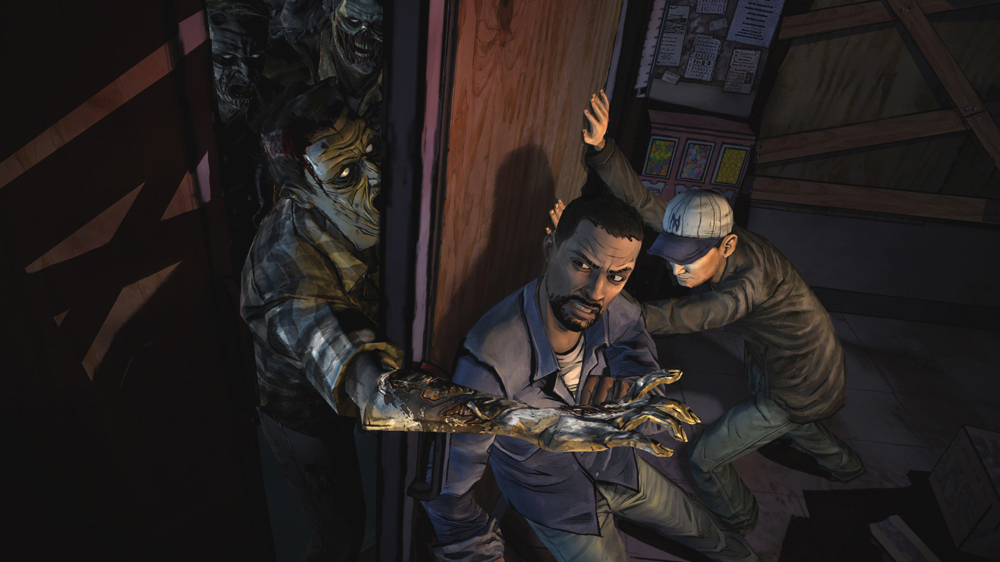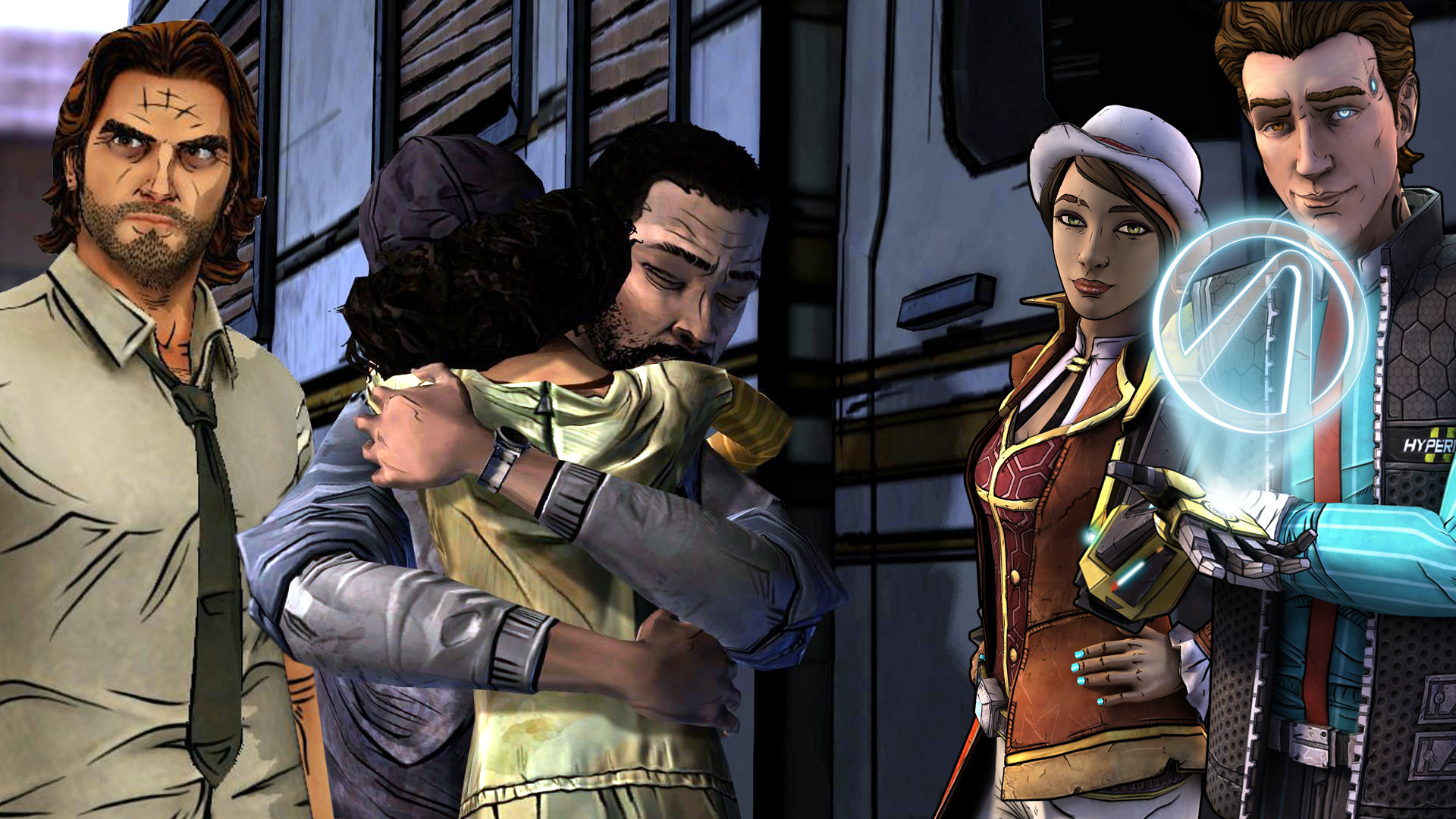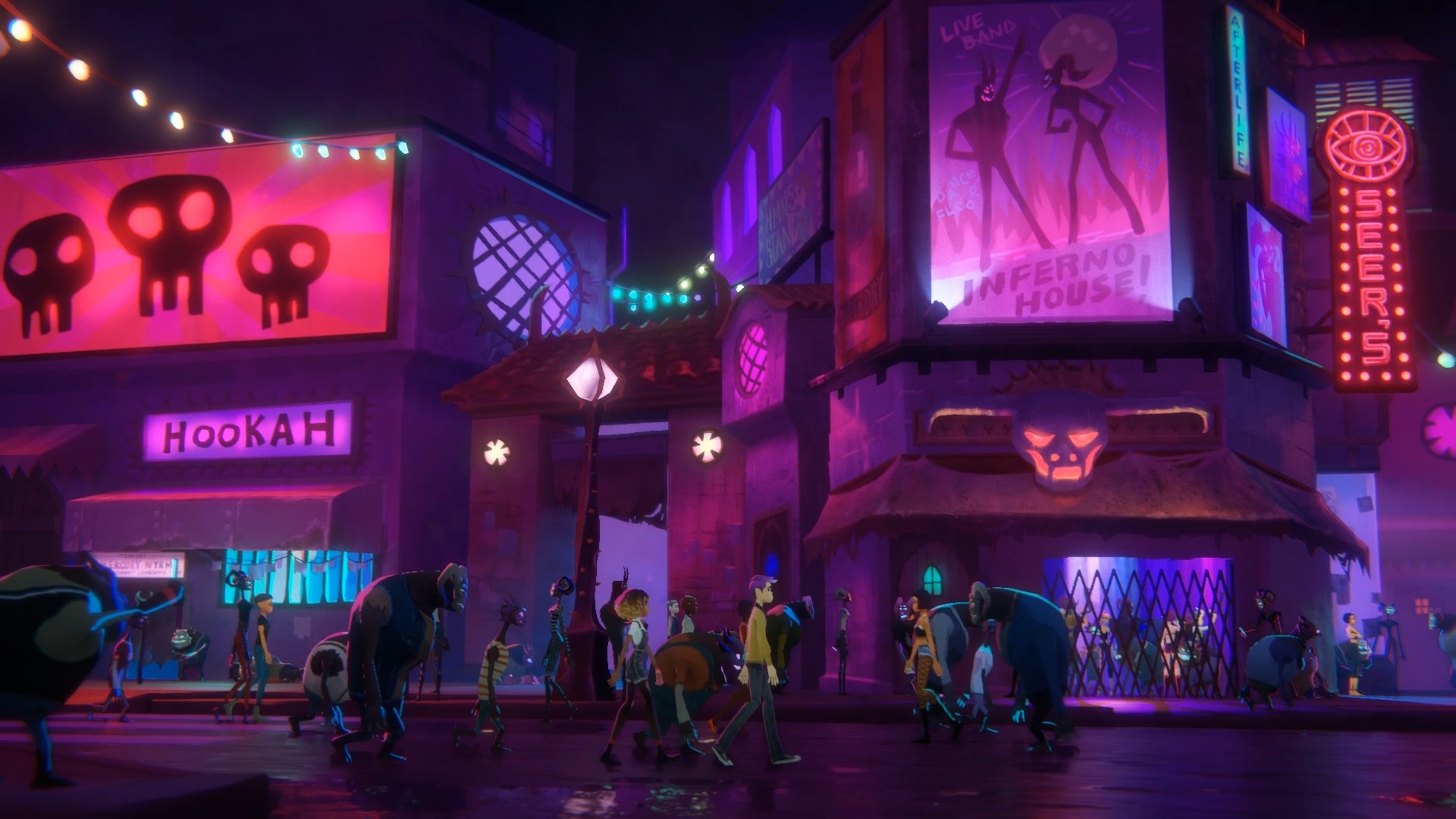In the wake of Telltale Games’ mass-layoffs and upcoming closure, many in the gaming community are yet again asking themselves a common question: “are single player, narrative-driven games dead?” The adventure game studio specialized in story-based games almost to a fault, immersing players in a world where they got to decide who they were, and how the story would progress. They made three of the greatest adventure games of all time in The Walking Dead: Season 1, The Wolf Among Us, and Tales From the Borderlands.
Yet despite that, they’re going out of business. Surely the end is nigh for a type of game that’s already been on the decline.
The Story is That There is No Story
When I first heard Telltale would close its doors, I assumed the worst. Nobody wants a good story anymore, they want to “pwn nubs” in Destiny 2, Fortnite, and Runescape. Those are all popular online games, right?
Games rich in narrative seem to be losing steam in the last decade, getting pushed aside in favor of online gaming. Good luck going on Polygon, IGN, or Eurogamer without being bombarded by articles about Overwatch or Fortnite. Kotaku will do you one better and swamp you with esports news, as if we need to hear about another twenty-something white kid getting banned for yelling racial epitaphs in Call of Duty.
Once you get over the grief of Telltale’s closure, you’ll understand why it’s not all doom and gloom. For starters, Telltale was in trouble for years. Their games had been attracting fewer and fewer players, they had layoffs in the past, and several venture capitalist groups and outside investors cannibalized them over the years. The reasons for this are many, and you can hear all about them in the video above.
 The gist of it is that a combination of poor management, a dwindling player base, a lack of innovation, and several poor choices to base games meant Telltale was what was doomed to fail, not story-driven games. While it’s true the AAA market is heading closer to “games as a service,” there have been some great narratives in the space lately, and of course there will always been indie studios to fill the gap.
The gist of it is that a combination of poor management, a dwindling player base, a lack of innovation, and several poor choices to base games meant Telltale was what was doomed to fail, not story-driven games. While it’s true the AAA market is heading closer to “games as a service,” there have been some great narratives in the space lately, and of course there will always been indie studios to fill the gap.
Where to Get Your Narrative On
Where will we go without Telltale there to guide us? Well, there are still indie developers who focus not just on narrative gaming, but also player freedom within those narratives. Campo Santo and Night School Studio, both founded by former Telltale employees, have only one game apiece under their belts, but they’re continuing the legacy of their forefather by making excellent player-driven narrative experiences.
Firewatch by Campo Santo tells a deeply emotional story about a man and woman trying to find their way late in life, and their upcoming game In the Valley of the Gods features a duo African-American women exploring tombs in Egypt. Oxenfree by Night School Studios is a 2D adventure game that innovates how the player reacts with dialog options and the story, and their next game, Afterparty, is a game about where you have to out-drink Satan to get out of Hell and return home.
There’s also Choice of Games, a publisher that’s been releasing traditional, text-based choose your own adventure style games for years from a variety of authors. Newcomer ZA/UM’s first game, Disco Elysium is basically an 80’s cop show, that lets you be a useless sleazeball cop, a Sherlock-esque detective, or a hard-drinking tough son of a bitch. There’s also Klei Entertainment’s foray into narrative, player-choice gaming with Griftlands, a post-apocalyptic RPG where “anything is negotiable,” according to their tagline.
The death of Telltale is tragic, and should have never happened if their management had any clue how to handle the success of The Walking Dead: Season 1. Soon, we’re all going to be living in a post-Telltale world, but that doesn’t mean it’ll be a post-narrative adventure game world. They’ll still be there, you just have to looking for them.




